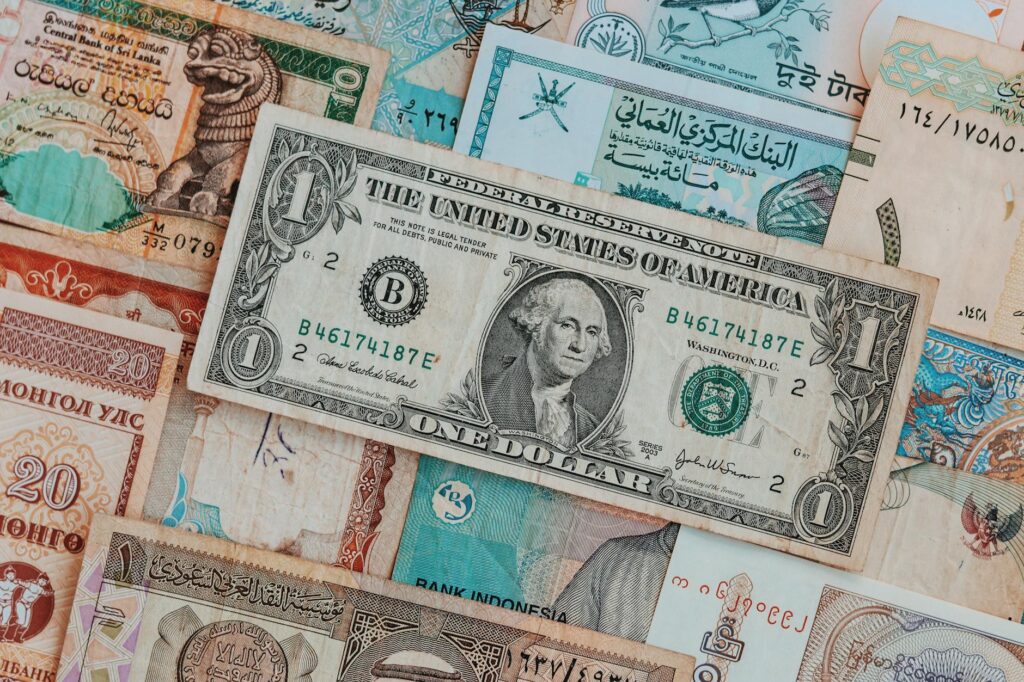Global Foreign Investment Is Taking a Hit—And Here’s Why It Matters
So here’s the thing: the UN just dropped a report that’s got everyone from Wall Street to Main Street worried. Foreign investment? It’s shrinking. Again. For the third year straight. And honestly, it’s not hard to see why—between trade wars, political drama, and companies playing it safe, the global economy‘s looking shakier than a Jenga tower in an earthquake.
Where We’re At With Global Investment Right Now
The Numbers Don’t Lie
Let me break it down for you. In 2022, global FDI dropped 12%. Then another 5% last year. Europe and North America got hit hardest—thanks inflation and geopolitics—while places like Africa and Southeast Asia are hanging in there. But here’s the kicker: 2024 might be even worse.
The UN’s Basically Saying “I Told You So”
UNCTAD (those UN trade folks) are waving red flags about “prolonged uncertainty.” Translation? Businesses are too nervous to make big moves. Factories that were supposed to relocate? On hold. Expansion plans? Gathering dust. It’s like everyone’s waiting for the other shoe to drop.
Why This Is Happening
Tariffs Are Messing Everything Up
Remember the US-China trade war? Yeah, that’s still a thing—$350 billion worth of tariffs still in play. Meanwhile, Europe’s tightening tech export rules, and countries like India are raising import taxes to protect their own industries. For big companies, it’s like trying to run a marathon while carrying a backpack full of bricks.
Politics Is Making Business Complicated
Between Russia-Ukraine and US-China tensions, companies are being forced to pick sides. One analyst put it perfectly: “It’s terrible for efficiency.” No kidding—it’s like trying to plan a wedding where the bride and groom’s families refuse to speak to each other.
The Economy’s Just… Weird Right Now
High inflation? Check. Rising interest rates? Yep. China’s growth slowing to 4.6%? Germany flirting with recession? All of the above. As that IMF guy said, “When the world’s engines sputter, everyone feels it.” And right now, it’s coughing like an old car in winter.
What This Means For All of Us
Developing Countries Are Getting Squeezed
Places like Vietnam and Nigeria rely on foreign cash for jobs and infrastructure. Without it? A Nairobi economist put it bluntly: “We’ll see more debt-driven growth—or none at all.” Not exactly reassuring.
Your Gadgets Might Get More Expensive
Apple’s delaying its Vietnam expansion. Tesla’s putting the brakes on its Berlin gigafactory. The result? Analysts say electronics and EVs could cost 3-7% more by 2025. That’s the difference between a mid-range phone and splurging on the Pro model.
The Big Picture Looks Bleak
The World Bank estimates these FDI drops could cut global GDP growth by 0.8% every year. And here’s the scary part—this isn’t just a temporary slump. As UNCTAD’s director said, “It’s a structural shift.” Basically, we’re not just hitting a pothole—the road’s getting repaved in a whole new direction.
What Could Happen Next?
Best Case Scenario: Adults Start Talking
If the US and China actually sit down to talk, or if the WTO brokers some new deals, we might see a rebound by 2026. The EU’s recent partnerships with Southeast Asia show it’s possible—but let’s not hold our breath.
Worst Case: Everything Goes Sideways
Another Trump term? China-Taiwan tensions boiling over? A Hong Kong financier joked we’d see “empty industrial parks and $200 smartphones.” Funny, but also… not really.
Most Likely: Slow, Painful Recovery
Countries like Indonesia and Mexico might benefit as companies look for safer bets. But we’re talking 1-2% growth at best—the economic equivalent of watching paint dry.
What Can Be Done?
Businesses Need to Spread Their Bets
Samsung’s throwing $200 billion at Vietnam. Intel’s building chips in Poland. The smart players aren’t putting all their eggs in one basket—they’re buying whole new baskets.
Governments Could Actually Help
Here’s a wild idea: maybe ease up on tariffs? Ireland’s still attracting tech companies with its 12.5% corporate tax rate, even with global tax rules. Sometimes the simplest solutions work best.
The World Needs to Work Together
The UN wants better systems for investor disputes. The IMF’s pushing debt relief for poorer nations. As that G20 delegate said, “Coordination is the only way out.” Too bad coordination seems harder than herding cats these days.
Bottom Line
This isn’t just some abstract economic report—it affects jobs, prices, and the stuff we buy every day. Sure, some pullback after the pandemic made sense. But three straight years? That’s a pattern. And unless countries start talking instead of fighting, we’re not just looking at slower growth—we might end up with a global economy that’s broken beyond repair. And nobody wins that game.
Source: Dow Jones – Social Economy

